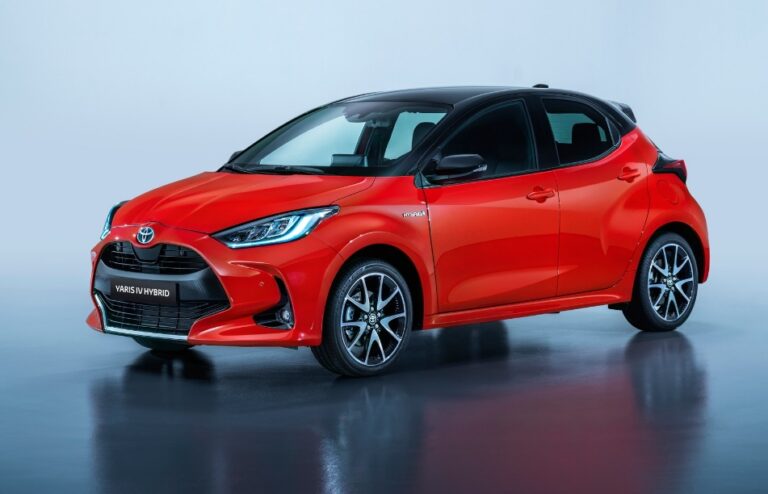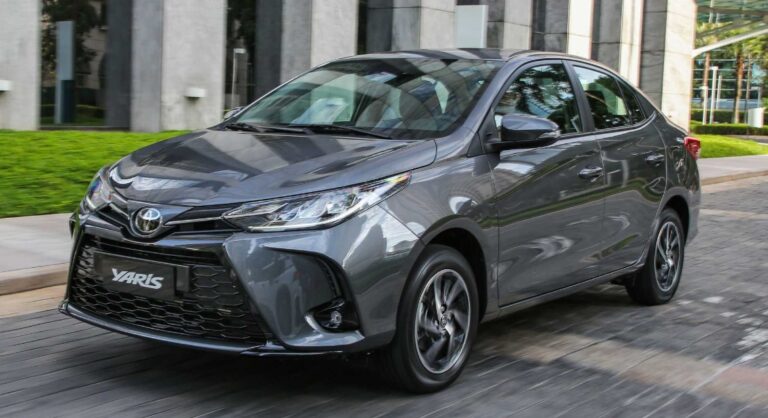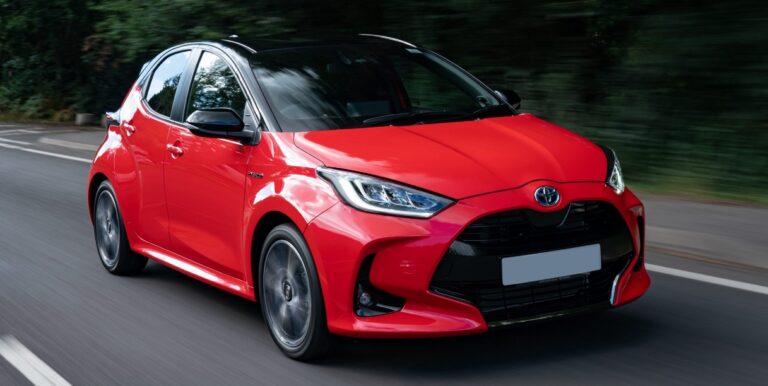2026 Toyota Yaris Hatchback Specs, Interior, Dimensions
2026 Toyota Yaris Hatchback Specs, Interior, Dimensions – Corporate collaboration is a concept Toyota has taken to heart over the last decade to maintain its presence in low-volume segments without pouring resources into the design and engineering of new models. It started with the Scion FR-S (now the Toyota 86), a small sporty coupe designed by Subaru and sold by that brand as the BRZ. More recently came the reinvented Supra, whose distinct styling shrouds a platform, mechanicals, and cabin borrowed from the BMW Z4.
Toyota’s latest collab is a lot less exciting, but no less important to the brand’s image. The new 2020 Yaris subcompact hatchback is underpinned by oily bits built by Mazda and used in that company’s subcompact offerings in other markets. In acknowledgement of the subcompact class’s falling fortunes in most of Canada, only Toyota’s Quebec dealers actually stock the new Yaris hatch, a nod to that province’s disproportionate attraction to small, inexpensive cars. In the rest of Canada, this car is available by special order and subject to a higher delivery charge.
2026 Toyota Yaris Hatchback Redesign and Update Plan
Exterior and Interior
Interior space is good for the Yaris’s size, especially given that Toyota’s numbers suggest this car is roomier inside than the Corolla hatchback. The front seats are on the narrow side – that’s pretty normal in a little car – but the Yaris feels like it would be a fine vehicle for long-haul driving. The car’s width means that, while there are three seatbelts in back, you’ll do best to limit occupancy back there to two adults.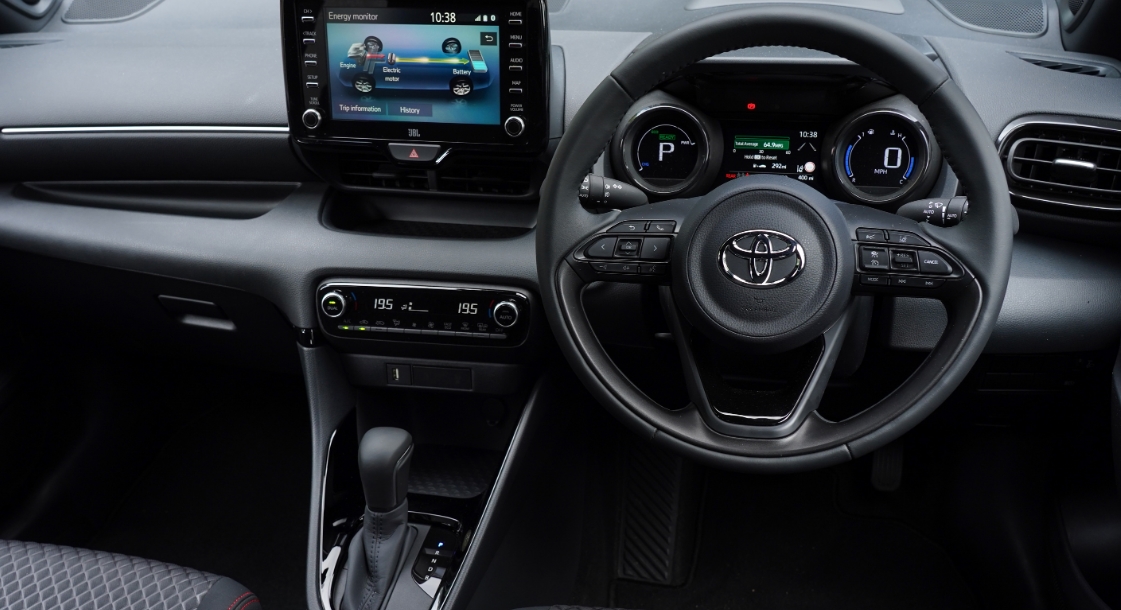
Yaris’ user-friendliness benefits from Mazda’s infotainment system design, which uses a console dial to control the dash display. It’s easier to use than touch-based setups because it diverts less of the driver’s attention away from the road. My top-trim Yaris XLE test car sticks with manual air conditioning controls that consist of three knobs and four buttons. All I missed was the automatic temperature control function that some of the Yaris’s competitors offer. However, the Yaris XLE does include heated front seats and a heated steering wheel.
2026 Toyota Yaris Hatchback Specs
Power door locks, windows, and side mirrors are all included, as are keyless entry, push-button engine start, and air conditioning. A six-speaker stereo – with Bluetooth, as well as Apple and Android smartphone integration – is standard with a 7.0-inch touchscreen.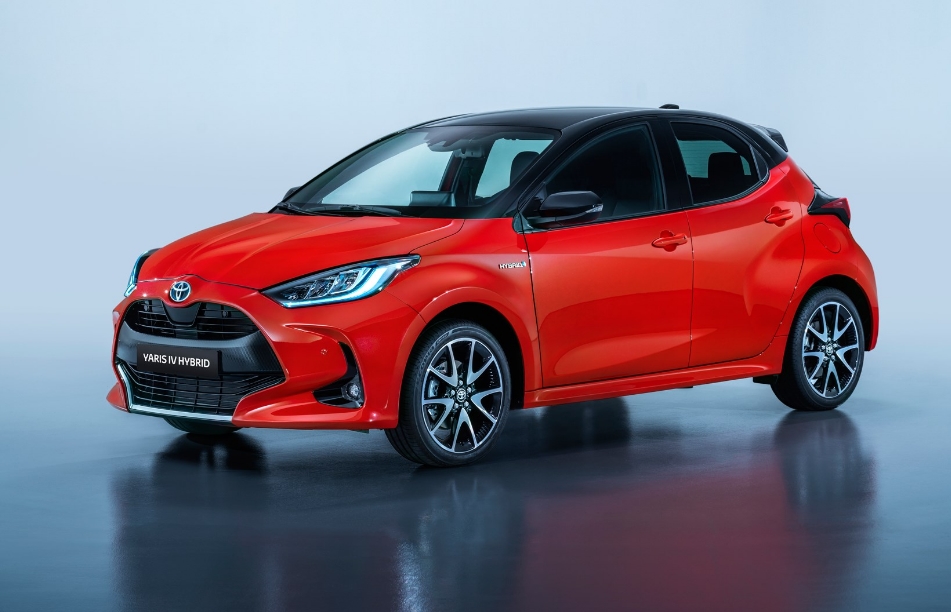
My XLE tester came equipped with 16-inch alloy wheels (which replace 16-inch steel rims), heated front seats, fog lights, and a heated/leather-trimmed wheel. Additionally, the manual transmission is exclusive to the base model. For the XLE, a six-speed automatic transmission is standard; for the base trim, it is optional.
Engine and Performance
Though acceleration is one of the Yaris hatch’s few shortcomings, I realize this is hardly a fair judgment of an inexpensive car. Interestingly, the 1.5L engine from Mazda produces 106 horsepower and 103 lb-ft of torque, much like the previous Yaris. However, the peak torque is produced 200 rpm lower in the rev range. 2026 Toyota Yaris Hatchback Specs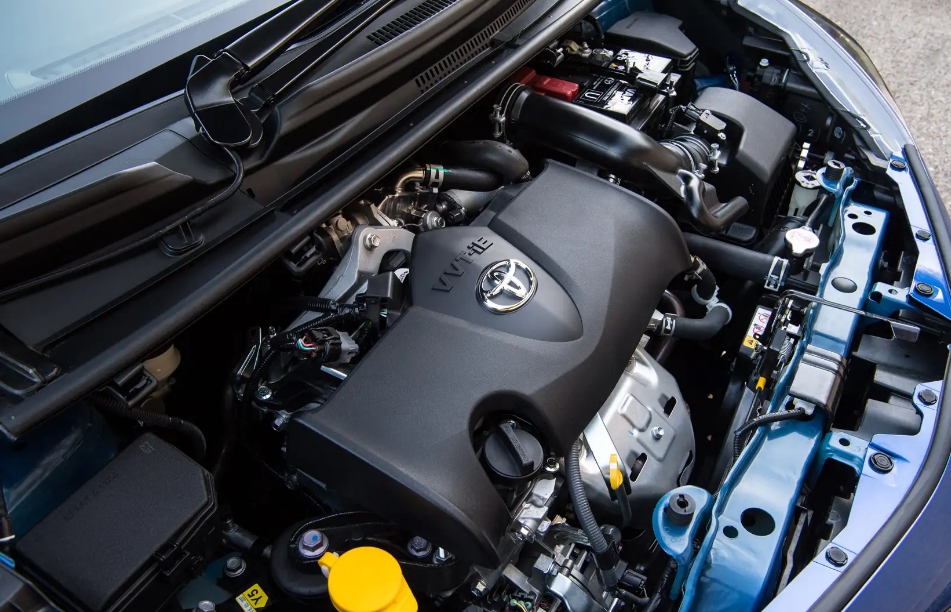
Acceleration from a stop is all right, with the little motor happily buzzing through the transmission’s first three ratios. Once you reach highway speeds, though, the Yaris starts to run out of juice; this is not the car for daring two-lane highway passing moves.
2026 Toyota Yaris Hatchback Fuel Economy
My Yaris hatchback tester posted average fuel consumption of 7.3 L/100 km in a week of city driving, matching its Natural Resources Canada city rating. Its highway estimate is 5.9 L/100 km. Those figures are big improvements over the outgoing Yaris hatch, whose economy suffered from an outdated four-speed transmission and a relatively low-tech engine. This new car’s motor benefits from Mazda’s SkyActiv suite of fuel-saving tech and design elements. 2026 Toyota Yaris Hatchback Specs
2026 Toyota Yaris Hatchback Safety Features
Toyota leaves its Safety Sense suite out of the new Yaris, so its least-expensive car now only includes a low-speed forward collision detection/avoidance system. While I think many Yaris buyers – especially nervous and new drivers – will appreciate that, the lack of the old car’s lane-departure warning and automatic high-beams is a step backward. Mazda offers more advanced safety features on the Mazda2 in other markets, so we surmise that Toyota opted out of those in the Yaris to keep the price down. 2026 Toyota Yaris Hatchback Specs
2026 Toyota Yaris Hatchback Price and Release Date
The new hatch starts at $16,790; the automatic transmission is a $1,200 extra in the base trim, and my XLE test car goes for $19,450. South Korea’s Hyundai and Kia are typically winners in terms of value, but the mid-range Hyundai Accent Preferred offers little not included in the Yaris XLE for a similar price. In fact, you have to move up to the Ultimate trim at $21,649 to get a heated steering wheel, though that trim also includes passive keyless entry and LED headlights. 2026 Toyota Yaris Hatchback Specs
The Kia Rio LX+ is a close match features-wise for a few hundred dollars less, but if you want more stuff, you’ll once again be spending well over $20,000. Over at Honda, the cleverly packaged Fit is about $1,000 more than the Yaris XLE with similar features, minus any advanced driver assists, which come in the $21,090 LX-Honda Sensing trim. If you’re shopping on a strict value-for-transportation yardstick, the Chevrolet Spark and Mitsubishi Mirage might be worth a look. However, once loaded up, both those models end up just a few hundred dollars under the Yaris while offering less refinement.
